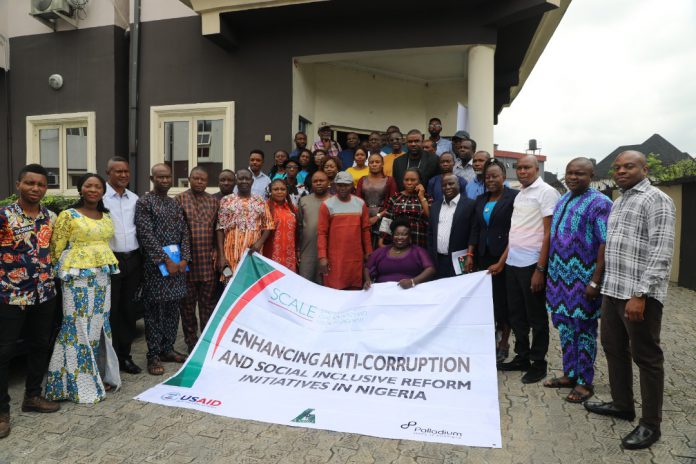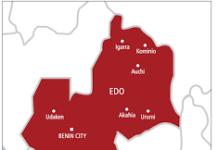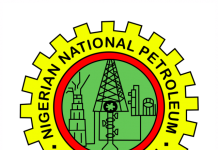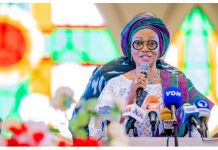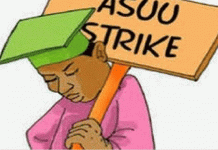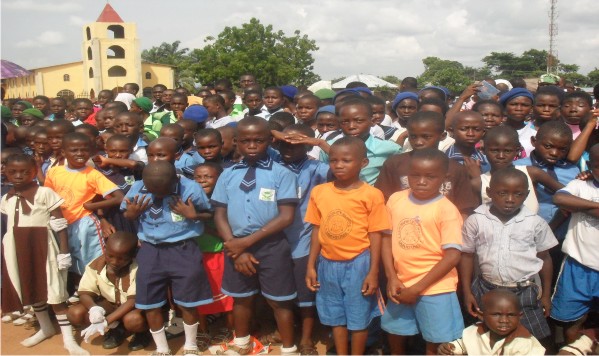By: Tochi Onyeubi
A Non-Governmental Organization, the Africa Network for Environment and Economic Justice, ANEEJ, under her USAID-funded project being implemented by Palladium in collaboration with Nigeria Resource Partners (RPs) held a one-day assessment report presentation on the operations of the oil and gas commissions.
The meeting held in Warri, Delta State, Nigeria, had in attendance, Civil Society Organizations (CSOs), representatives from supervisory ministries, representatives from the state houses of assembly, host community members, and journalists drawn from Edo, Imo, Abia, Rivers, Delta, and Ondo.
The purpose of the meeting, was to review the research presentation and report of a consultant commissioned to access operations of oil and gas producing development commissions, for stakeholders’ discussion and ensure it reflects the true position of the situation.
It is hoped that the outcome of the comprehensive assessment report will inform CSO’s advocacy to make the commissions more responsive, transparent and accountable, to people of the Niger Delta as well as strengthen operations of the commissions.
Introducing the project, ANEEJ Executive Director, the Rev. David Ugolor, informed that, the ANEEJ-SCALE project titled ‘’Enhancing Anti-Corruption and Social Inclusive Reform Initiatives in Nigeria’’, implemented by the Anti-corruption cluster under Palladium with support from the USAID, is designed to enhance civil society organization’s ability to be positive and responsive change agents in Nigeria.
He stated that ANEEJ as an anchor organization, is working with eight cluster member organizations across the six states which are Imo, Abia, Edo, Delta, Rivers, Ondo and the Federal Capital Territory to advocate for anti- corruption policy reforms at both the national and sub-national levels to strengthen governance and deliver development goals to citizens especially in addressing poverty and inequality amongst people of the Niger Delta.
Some of the gaps pointed out during the assessment report presentation by the consultant, Dr. Godwin Uyi Ojo were, the inability of projects impacting positively on the people, lack of strategic mechanisms to measure quality and success of projects, abandoned projects littered across the Niger Delta regions, limited and non-inclusive local participation in project planning and delivery, limited selection of members of oil producing areas into the commission’s structure and board.
Others are, state government’s interpretation of the oil derivation and inability to release actual amount promised, lack of transparency and accountability on civil servants’ discharge of duties, over lapping and duplication of projects between the state government and the commissions, legislative interference in project implementation, lack of citizens’ engagement in project implementation.
The research presentation also articulated the following recommendations, that there be law reforms to amend sections 162 of the federal constitution and an appropriate framework that ensures that derivations are channelled directly to oil producing commissions, that there be compliance to the 13% derivation, improved funding owing to the changing times, membership of the commission board be from communities that are impacted.
It also stated, participatory development models for the commissions, set up and follow transparency and accountability measures, continuous staff capacity building training, Civil societies to rise up the challenges.

